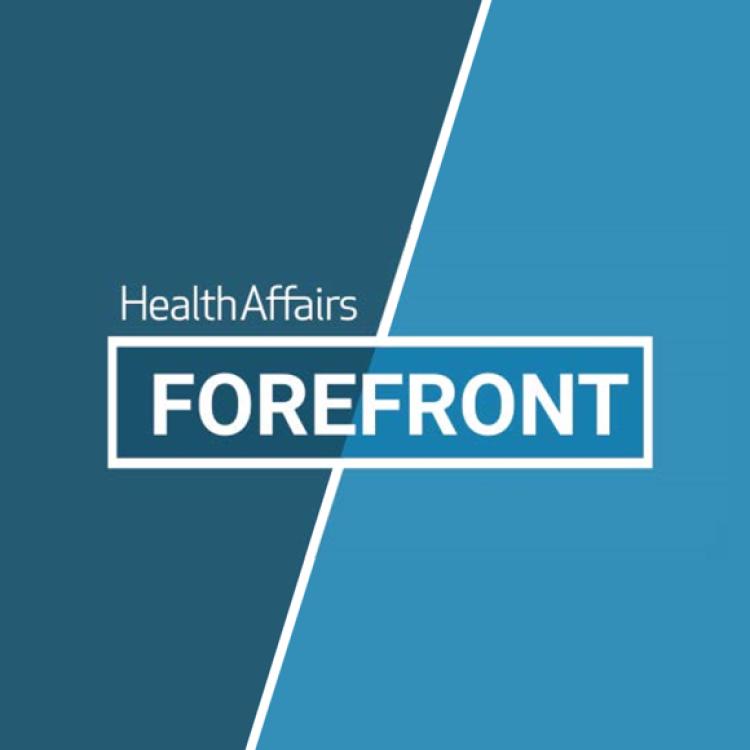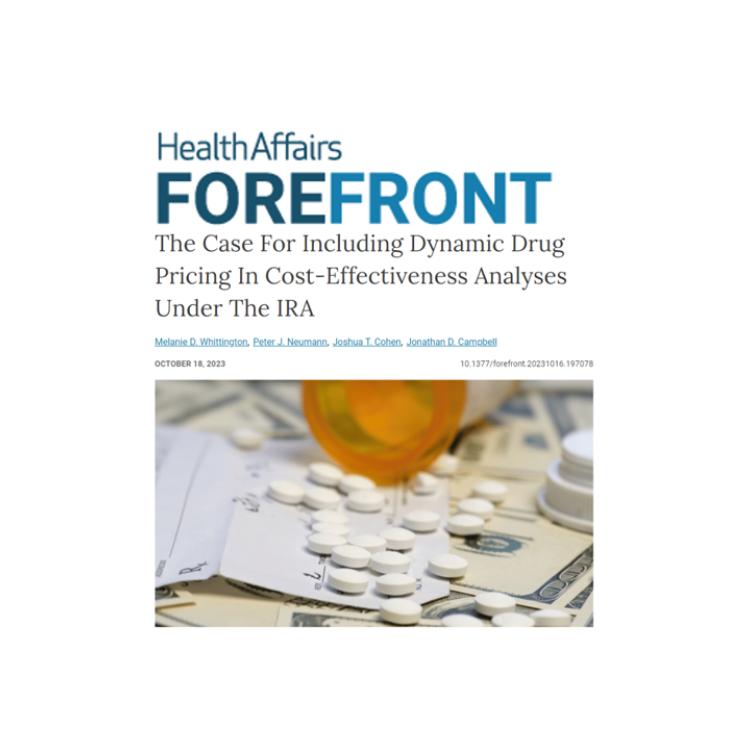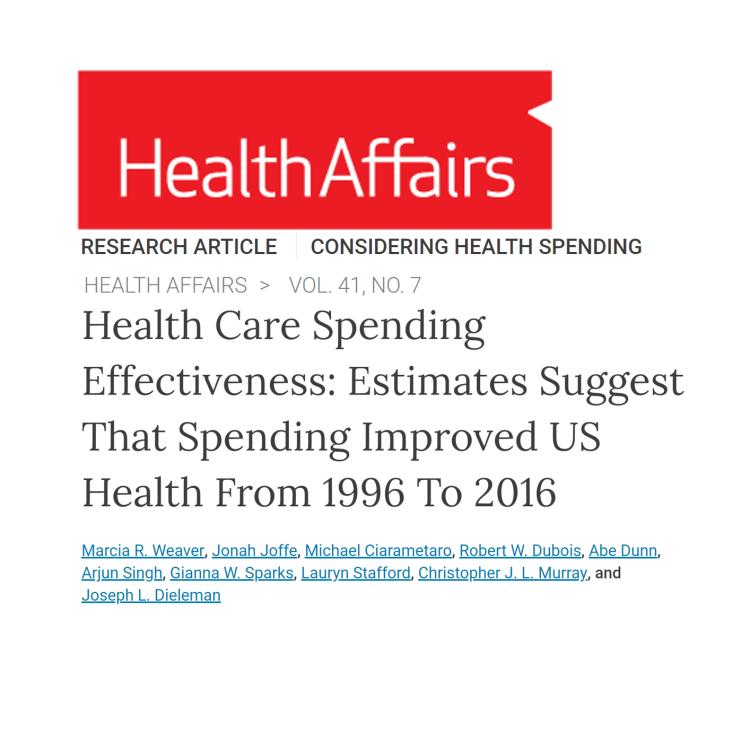For Immediate Release: November 3, 2023
Contact: Michael Pratt, 202-827-2088, [email protected]
Washington, D.C. – The Inflation Reduction Act (IRA) may have unintended consequences on post-approval research and patient access to innovative treatments, according to a new analysis in Health Affairs Forefront. The new publication, “How the Inflation Reduction Act Could Delay Pharmaceutical Launches, Reduce Indications, and Chill Evidence Generation,” was co-authored by John M. O’Brien, PharmD, MPH, Julie Patterson, PharmD, PhD and James Motyka, PharmD, all pharmacists and researchers at the National Pharmaceutical Council.
Clinical development programs for new drugs play a crucial role in expanding treatment options for patients. The analysis examines new drug launches and research after a drug’s initial FDA approval. The findings illustrate how IRA-related changes in the economic incentives surrounding clinical development in the United States may lead to delays in single-indication drug launches, reduced investments in post-approval research for new indications and a negative impact on long-term health outcomes data.
The analysis includes case studies of three drugs - rivaroxaban, empagliflozin, and osimertinib - to illustrate scenarios where the IRA may delay manufacturers' decisions to seek initial approvals, disincentivize research towards subsequent indications, and impact overall survival data.
“As the healthcare industry navigates the changing landscape of drug development and access, it is crucial to consider the unintended consequences of policy changes,” said O’Brien. “These case studies illustrate the long road manufacturers travel to bring new indications to patients and new evidence to scientists. The potential impacts of the IRA are important for decision-makers to understand as they implement the IRA’s Drug Price Negotiation Program to ensure patient access to innovative treatments.”
Key takeaways in the analysis include:
- The IRA's price-setting timeline can function as a form of patent reform, reducing the value of manufacturers' patents and disincentivizing investments in additional evidence or support for new indications. This could result in fewer treatment options for patients, particularly those with rare diseases who may have to wait longer for access to innovative therapies.
- The mandatory minimum discounts introduced by the IRA also apply to drugs approved for subsequent indications years after initial approval. This creates additional risks for manufacturers considering post-approval clinical trials for new indications, as the price of their drug may soon or already be set by the Centers for Medicare and Medicaid Services (CMS).
- There is a lack of clarity surrounding how CMS determines the "maximum fair price" of medications. This uncertainty presents a further risk for manufacturers considering investments in post-approval research, potentially leading to reduced investments in evidence generation.
The researchers emphasize the importance of implementing the IRA in a way that preserves incentives for investments in evidence generation. They highlighted potential mitigation strategies, such as a transparent, value-based approach to determining the "maximum fair price" and delaying the price negotiation period when new indications are approved.
About the National Pharmaceutical Council
The National Pharmaceutical Council (NPC) is a health policy research organization dedicated to the advancement of good evidence and science, and to fostering an environment in the United States that supports medical innovation. Founded in 1953 and supported by the nation's major research-based pharmaceutical companies, NPC focuses on research development, information dissemination and education on the critical issues of evidence, innovation and the value of medicines for patients. For more information, visit www.npcnow.org and follow NPC on LinkedIn.




